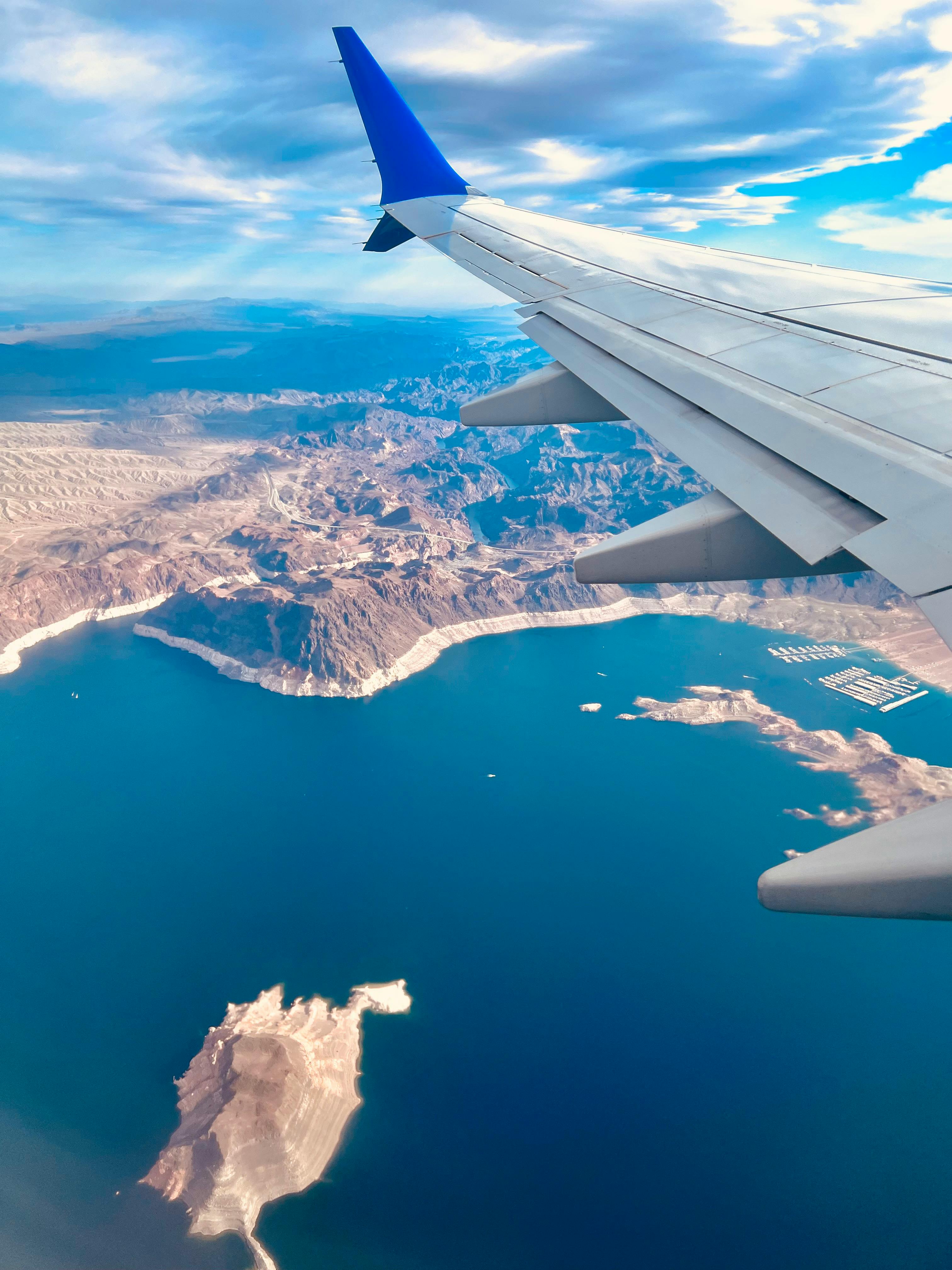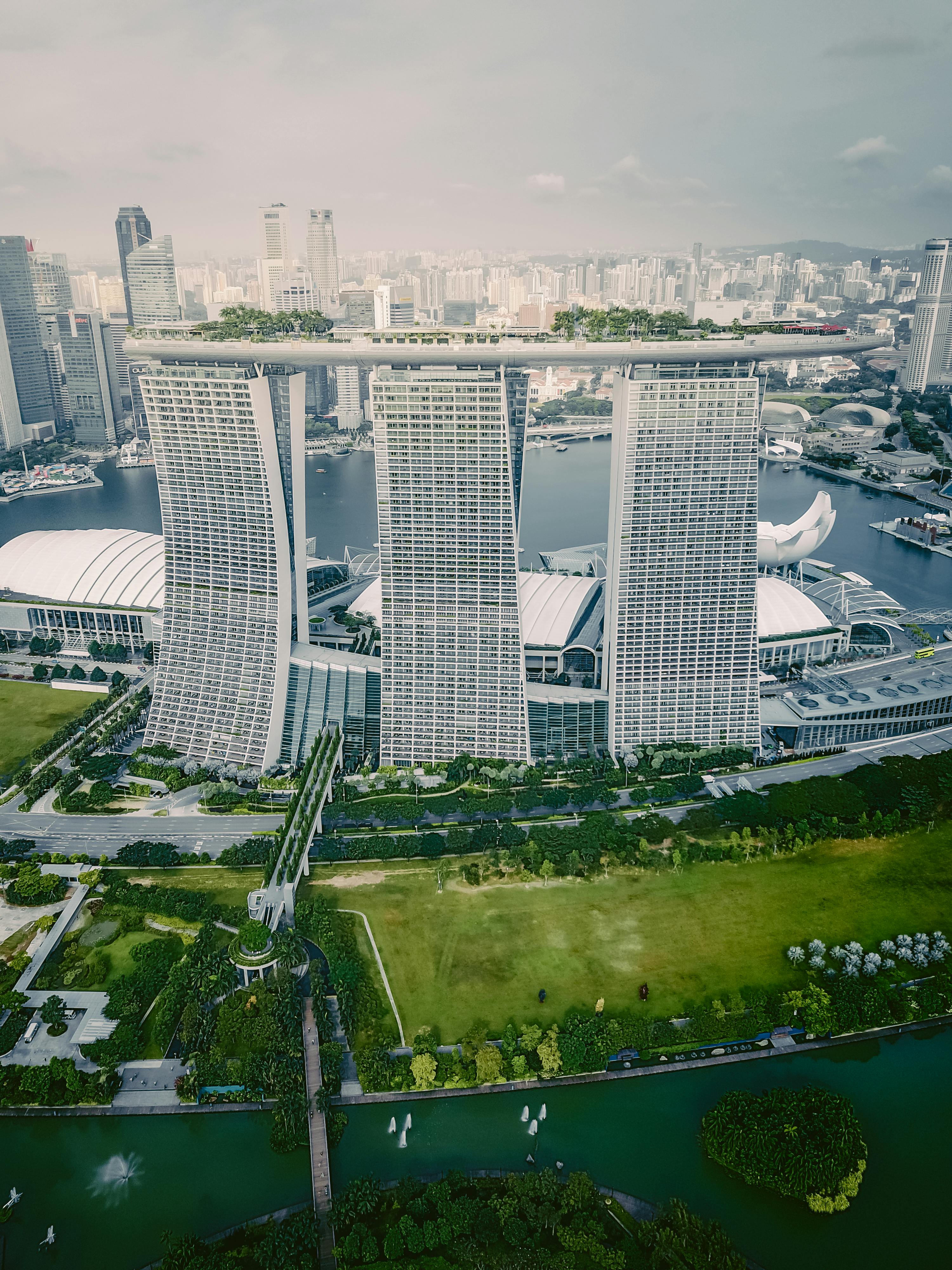Floating hotels are redefining the boundaries of traditional hospitality by merging travel and lodging into a singular, immersive experience. These innovative structures, anchored on water bodies, offer a novel perspective on accommodation that invites guests to connect with nature in unparalleled ways. The concept of floating hotels is gaining momentum, not only for its unique charm but also for its commitment to minimizing environmental impacts, making them increasingly popular among eco-conscious travelers.
One of the most striking features of floating hotels is their ability to provide guests with a close-up encounter with nature, without leaving the comforts found in luxury accommodations. These waterborne retreats offer panoramic views, magnificent sunsets, and the soothing sounds of water, creating an atmosphere of tranquility. Rooms are often designed with large windows and open spaces, allowing guests to feel a seamless connection with the surrounding environment.
Moreover, floating hotels are renowned for their exceptional sustainability initiatives. Many are built with eco-friendly materials and operate on renewable energy sources such as solar or wind power. Their locations on water bodies help reduce land-based environmental footprints and preserve natural landscapes. Additionally, some floating hotels incorporate water recycling systems and organic waste disposal, ensuring a minimal impact on their aquatic surroundings.
The adaptability and versatility of floating hotels allow them to be situated in stunning and often remote locations that traditional hotels cannot access. From lush archipelagos to serene lakes and bustling urban waterfronts, these structures can be found in various breathtaking settings worldwide. This flexibility not only offers guests unique travel experiences but also supports local economies by attracting tourists to lesser-known areas.
For instance, the Maldives is home to several luxurious floating resorts that integrate the local culture and marine environment into guests’ experiences. Guests can enjoy vibrant coral reefs and diverse marine life through day-trips and guided diving excursions. Meanwhile, in Europe, floating hotels in cities like Amsterdam offer a blend of cultural adventures and modern amenities, set against the backdrop of historical canal systems.
Floating hotels also serve as an innovative solution for accommodating rising tourist numbers in popular destinations while preserving the delicate ecosystems these travelers come to enjoy. By providing alternative lodging options on water, these hotels help alleviate the pressure on terrestrial habitats and contribute to sustainable tourism practices.
The architectural brilliance of floating hotels is another aspect that sets them apart. Architectural firms and designers are continuously pushing the boundaries of what is possible, creating floating structures that are not only functional but also aesthetically pleasing. Designs range from ultra-modern futuristic concepts to eco-lodges that blend harmoniously with their natural surroundings.
Floating hotels are pioneering a new wave of hospitality that caters to the modern traveler’s desire for unique and environmentally conscious experiences. Their commitment to sustainability, combined with their innovative designs and remarkable locations, makes them a compelling lodging choice for those seeking adventure, relaxation, and a closer connection to nature. As the demand for sustainable travel grows, floating hotels are poised to play a significant role in the future of the hospitality industry.





